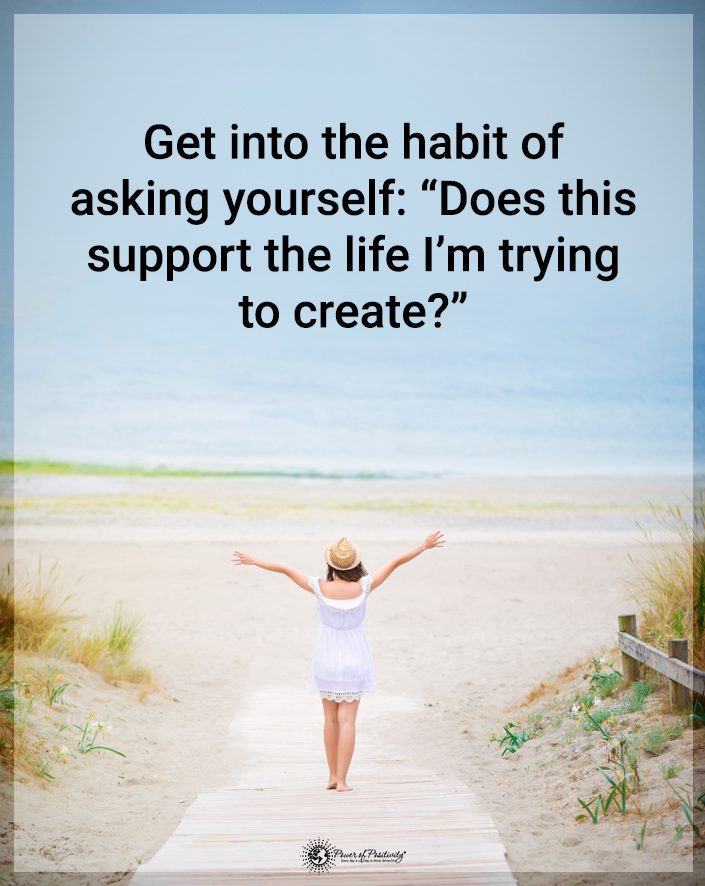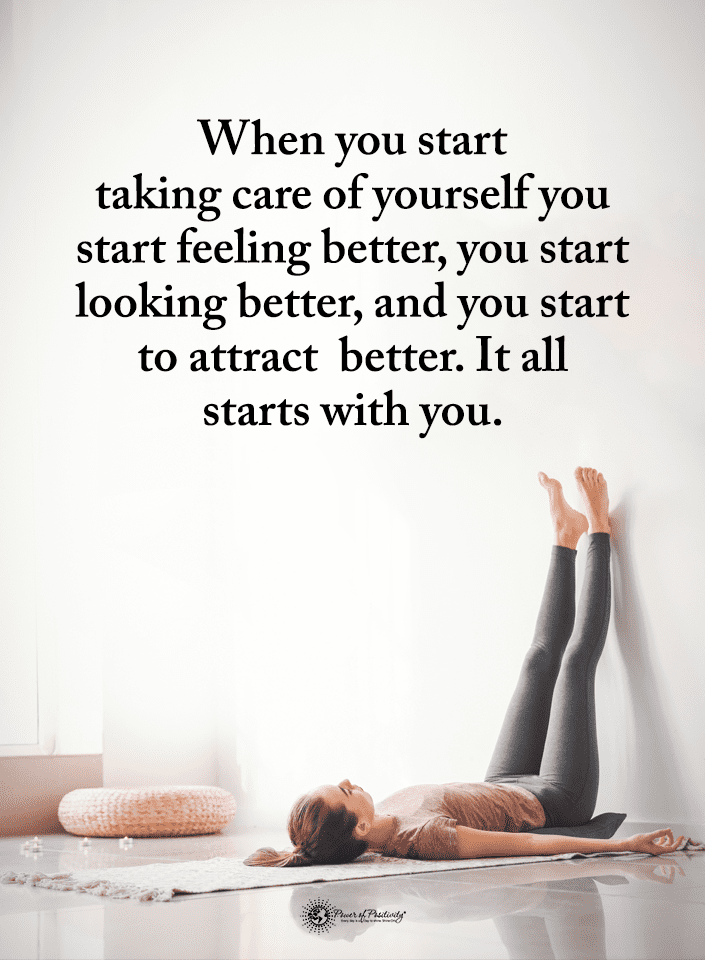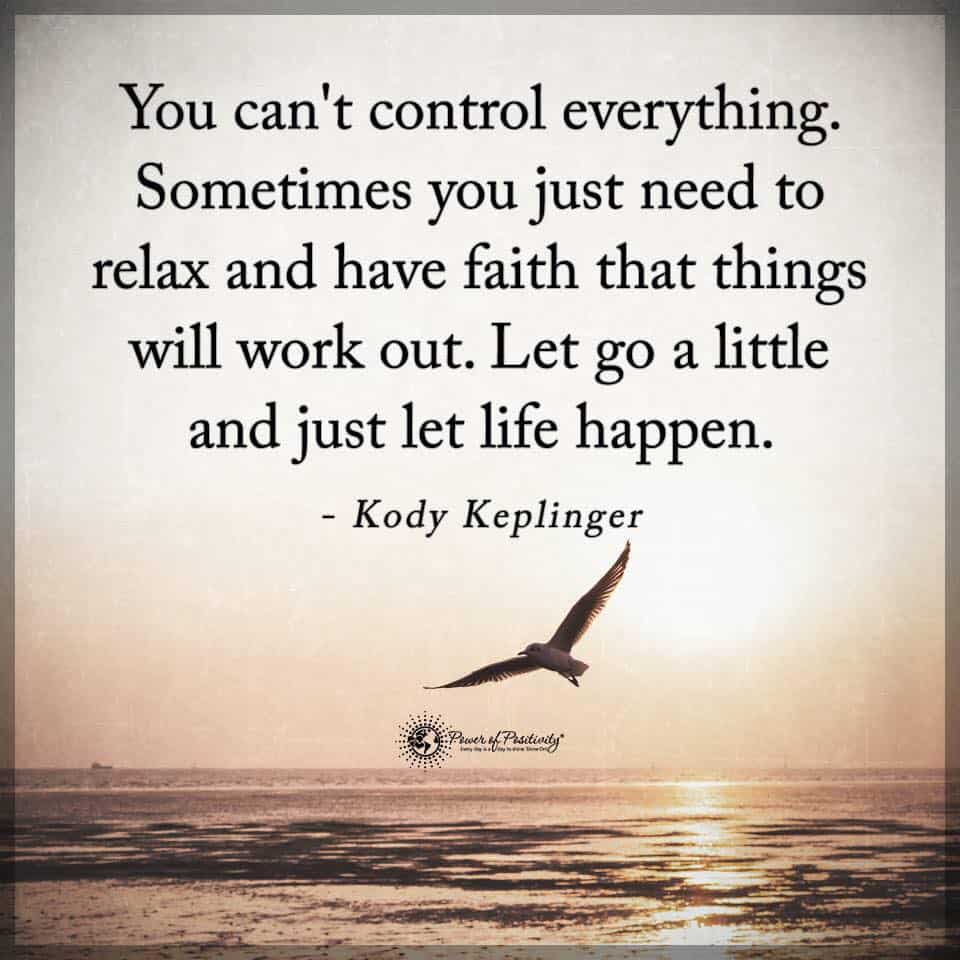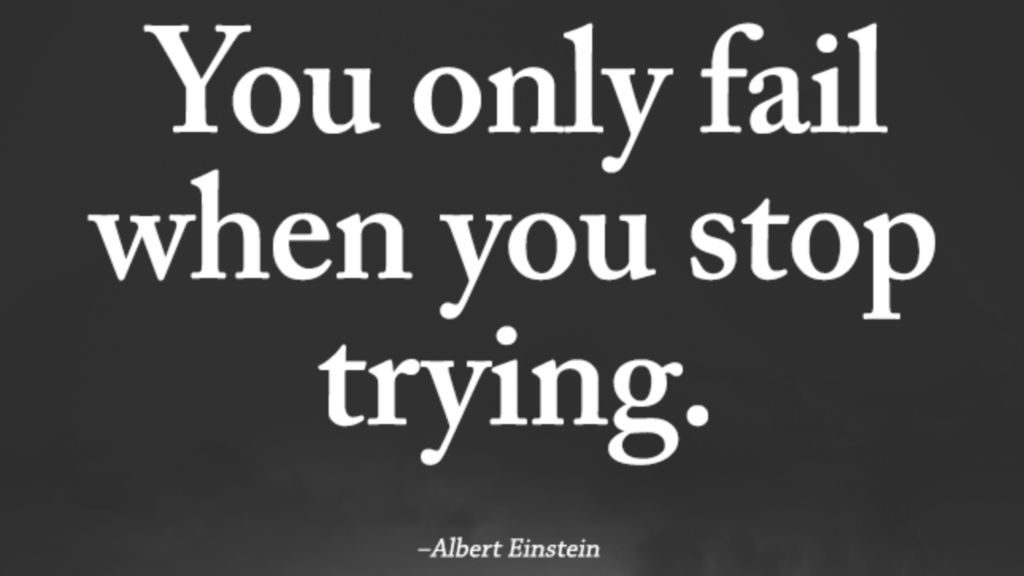When you have chronic fear, your body stays in a state of stress and tension. It affects your mind and health in ways you may not expect.
Fear is a natural human emotion that makes your heart race, your eyes dilate, and your body tense. It’s unhealthy to live with chronic fear, and it can make you irrational in addition to the mental and physical effects.
Fear gets triggered by a perceived threat. It signals your body to respond with a fight or flight response, keeping you safe when a real threat is present. However, chronic fear occurs in other situations, resulting in health consequences.
Chronic fear can be incapacitating, interfering with all parts of your life. Understanding how it interferes with your life can help you make changes to improve your health.
What is Chronic Fear?
Fear triggers processes in your body that make you remember things more vividly and think irrationally. In a state of chronic fear, these processes rarely stop. Your sensory systems alert your brain to a threat, leading to increased brain arousal, fear, and anxiety.
Experts indicate three stress responses that trigger fear, including the following:
- Alarm: When you become alarmed, your body prepares for a threat and recognizes it as stress. Stress hormones get released during this stage, and your nervous system gets triggered.
- Resistance: Your stress hormones stabilize during this stage, but you’ll have little energy left. You’ll also have fewer defenses, making it easier for fear to reappear.
- Exhaustion: When the fear has reoccurred quicker than you can recover, it can lead to experiencing exhaustion. You’ll struggle to resist stress and adapt to change because you have little energy. During this stage, you’ll likely experience overload or burnout.
Fear prepares you to react and can trigger your hormones to shut down bodily systems. It can also sharpen survival senses and increases blood flow and heart rate. Chronic fear also triggers an increase in hormonal flow to the brain.
How Chronic Fear Hurts Your Health
Chronic fear can impact your body in more ways than you initially realize. It can lead to physical and psychological issues that affect your overall well-being.
1 – Chronic Fear Weakens Your Immune System
Chronic fear can lead to a weaker immune system when it increases your adrenaline and cortisone. Prolonged exposure to these hormones weakens your immune system, decreasing your ability to fight infection, viruses, and other illnesses.
While fear doesn’t cause you to get sick, it can decrease your body’s defenses. You won’t be able to fight off germs as well when you’re constantly afraid. It increases your cortisol hormone, triggering your fight-or-flight response.
Once your fight-or-flight response is activated, the lymphocyte levels circulating in your body decrease. It makes you more likely to develop infections or diseases.
2 – It Causes Cardiovascular Damage
When you’re constantly afraid, it increases your adrenaline levels. Long-term overexposure to adrenaline can lead to heart damage beginning with tissue damage. It can also trigger blood vessel constriction that increases your blood pressure.
These issues can lead to arrhythmia when your heart beats irregularly and you can’t maintain circulation. It also weakens your heart and reduces its ability to pump blood. Your heart can become overworked and stressed from the constant fear, causing dysfunction.
3 – Chronic Stress Leads to Cognitive Dysfunction
Fear can impact your cognitive dysfunction by worsening your memory. When you’re in the fight or flight response, you can’t remember things as well. You won’t be able to focus on anything other than fear, and you’ll become scattered with your daily functioning.
Additionally, when you’re fearful, your mind associates the negative feelings with what you’re presently doing. It can give you a looming sense of dread anytime you must go to that place or do the same thing again.
4 – It Can Trigger Depression
Chronic fear can trigger depression because you constantly feel sad, moody, and worn out. It indicates your fear has disrupted your life so much that you feel like you can’t do anything to change it.
5 – It Can Cause Anxiety and Panic Attacks
Experiencing fear can trigger anxiety because you won’t want to participate in situations that worsen it. Your negative feelings can make you reluctant to do anything when you’re constantly afraid.
Since you can’t avoid everything, it can easily cause a panic attack when you must do something. This situation occurs because you know you won’t feel confident about it due to your fear.
6 – Chronic Fear Might Lead to Avoiding Things That are Good for You
Chronic fear can cause you to skip experiences that might have been good for you. It can lead to missed social interaction with beneficial people and opportunities for growth. Socialization is essential for your health and well-being, so it can be more detrimental than you might realize.
Sometimes the fear can make you miss out on medical check-ups or follow-up appointments. It can lead to a worsening medical issue or missing tests that could indicate something is wrong.
7 – It Can Make You Unable to Relax
Being on edge all the time can interfere with relaxation. Once your mind and body experience fear, it takes a while to calm down.
You might find that what you were afraid of wasn’t an issue, but it still can keep you on edge for a bit longer. Instead, you’ll remain prepared for the next fearful moment, and your body stays ready to fight or flee. This issue worsens the more you experience fear, especially if each instance lasts for a while.
8 – It Can Deplete Your Confidence Levels
When you spend lots of time feeling afraid, it can interfere with your confidence levels. You might start feeling bad about yourself or thinking it’s best to keep quiet and to yourself. It erodes self-confidence and can trigger further fear or anxiety.
9 – The Stress of Chronic FearDisrupts Hormone Levels
When you’re afraid, your adrenal gland increases hormone production. It’ll produce too many catecholamines, involving an excess of epinephrine and norepinephrine. Your body will also make too much cortisol, estrogen, and testosterone to increase your strength and mobility for fight or flight.
Being chronically afraid can also trigger neurotransmitters like dopamine and serotonin to improve mental agility. While this won’t hurt you if it happens occasionally, constant fear and increasing hormones can interfere with your health.
10 – It Can Cause You to Develop Phobias
Chronic fear can create phobias if your fear often revolves around the same objects or situations. Once it becomes a phobia, you’ll likely be afraid of anything related to the original triggers.

What Causes Chronic Fear?
This situation occurs when memories or emotions trigger stimuli in your central nervous system. Fear, anxiety, and memories are all stored in your cerebellum, basal ganglia, and amygdala. Since all these feelings get stored in the same place, they can trigger one another.
Your fear will occur when you think of a triggering memory. Sometimes it’ll happen when you experience an emotion you had during a fearful time in your life. In this situation, fear gets triggered by stimuli that don’t typically indicate present danger.
When fear occurs, it leads to you experiencing it during regular parts of your day. It interferes with your ability to get things accomplished or enjoy life. Chronic fear also consumes your bodily resources and disrupts your ability to self-heal and preserve your mechanisms.
How to Overcome Chronic Fear and the Stress It Causes
You don’t have to live with chronic fear forever. Many people experience and positively overcome it, promoting better health and well-being. The ways to overcome chronic fear include the following:
Understand How Fear or Stress Affects You
Understanding how chronic fear can interfere with your health is the first step to moving forward. Many people can’t overcome the fear because they don’t know how serious it can be.
Knowing what can happen can help you focus on pushing away negativity and living your life for the best. Without understanding how it affects your health, you might not have the incentive to overcome it.
Create New Memories
Creating new memories can help replace the old ones that trigger your fear. Your memories get deeply engrained in your mind, but you can override them with positive experiences. You might need to create a new memory multiple times before you stop experiencing negative feelings, so don’t give up.
Practice Mindfulness and Visualization
Creating new memories and easing the effects of old ones is easier with mindfulness and visualization. You can use mindfulness to share your memories and tell yourself it’s possible.
Likewise, visualization can allow you to envision yourself doing the things that usually trigger your fear. As you visualize it, make sure you focus on your emotions being positive during that time. When you imagine that the situation has already occurred, it’s easy for you to move forward without fear.
Get Outside
Going outside for some fresh air can help ease fearful feelings. Consider walking or sitting in a peaceful area until you feel calmer. Being outside can reduce stress levels and reduce anxiety or fear.
Focus on Breathing
Short breaths can trigger anxiety, so focusing on breathing can help ease the effects. When you feel fear creeping in, take a moment to focus on deep breathing. You can take a deep breath in and slowly let it out. Continue doing it until you feel like you’re calm and thinking clearly.
Final Thoughts on Ways Chronic Fear Hurts Your Health
Chronic fear can be debilitating, and it interferes with your health. It can disrupt your body’s ability to heal itself, trigger diseases, and cause you to miss essential appointments. You can overcome chronic fear and start living healthier with improved well-being. Making changes to alleviate fear can be life-changing.



















